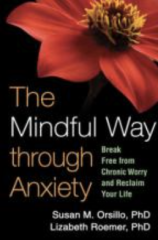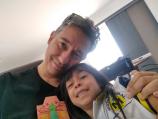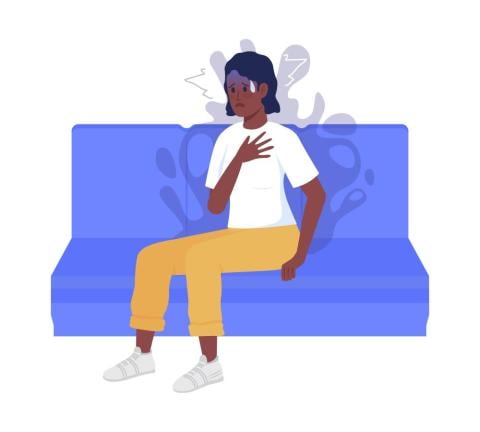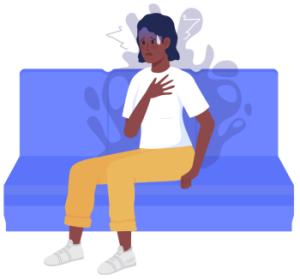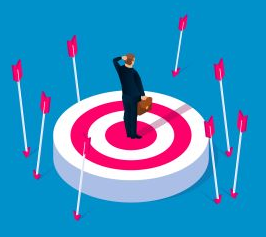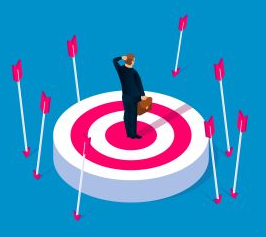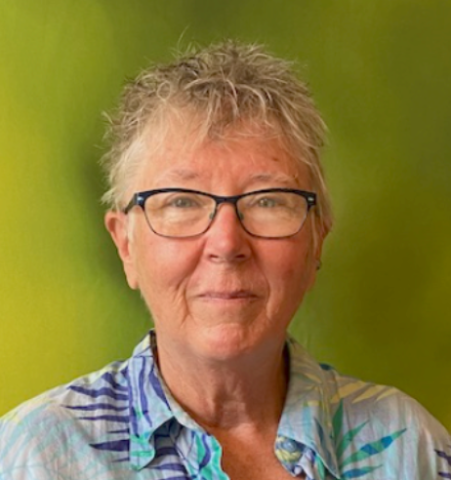Anxious Nation
Anxious Nation started in 2018 with a single post on Facebook: “Kids and Anxiety, who is dealing with it?”
I was sitting at my desk feeling incredibly defeated. As the parent of a child who suffers with anxiety, I couldn’t seem to make things better for her. No matter what we tried, her anxiety persisted, and periodically grew worse. From the time she was three years old, I took her to doctors, specialists, therapists seeking answers. In the seven intervening years, no one could tell me what was happening. I just wanted a name, some way to identify what was causing her angst. Was it her diet? An allergy? A learning disorder or behavioral issue? I was desperate for help.
As time went on, I thought I was failing her, and that our struggle was somehow unique to our home. Frustrated and feeling alone, I posted a short message on Facebook: “Kids and anxiety. Who is dealing with it?”
I received a few visible responses from friends willing to be open and honest about their struggles on that very public forum. Mostly, the responses read, “I am” “We are” “My granddaughter is,” and so on. However, it was the private messages I received that truly overwhelmed me. I was utterly shocked. People I knew well began sharing their heartbreaking stories about struggling with anxiety in their homes too. It was as if I gave everyone permission to talk about the 10,000-pound elephant that up until this point was hidden in a shroud of secrecy—and for some, guilt.
While each story was remarkable and unique, they were also commonplace. Too commonplace. Like me, these other parents were confused about what was happening and where to turn to for advice.
Before my post, I had no idea what these other families were going through. The subject simply never came up. For the most part, we all felt too ashamed and embarrassed to talk about it. My question gave us all permission to share—no judgment and no shame attached. I wondered, if our family was struggling to find answers, how were others managing— especially those with no insurance, resources, or means per se?
As a storyteller by trade, there was something powerful happening that needed a big bright light shined upon it.
How could so many of us be feeling the same way?
I set out to find answers on all our behalf.
Were we more anxious or just more aware of anxiety?
Why are we, as a nation, experiencing such catastrophic and alarmingly high rates of anxiety and mental health concerns among our youth?
And most of all, I wanted to know what we could do about it so our kids won’t feel defined by their anxiety and struggles?
I spent the next three years deeply exploring and documenting the crisis of anxiety and mental health in America, especially its impact on our kids and their families. One thing became very clear; anxiety doesn’t discriminate. It impacts everyone.
I met kids and families from all over the country who come from different socio-economic, cultural, and belief systems. They bravely shared their stories of struggle and, yes, hope. I sought insights from the very best experts who are helping them cope, including New York Times bestselling author and Oprah contributor, Dr. Shefali, international speaker and psychotherapist Lynn Lyons, and expert on Interpersonal Neurobiology, Dr. Dan Siegel and more. I learned so much from these conversations. It was an unexpected awakening that helped me connect the dots in our family and ultimately created a calling.
A few weeks before COVID-19 shut down our country, well before we understood what was about to happen around the world, we had sent fourteen cameras to select young people—the cast of our film—so they could document their lives and experiences. Along came the pandemic, which poured gasoline all over this already burning inferno. This unexpected turn gave us an insight into anxiety through a whole new lens.
My question about anxiety and who was dealing with it suddenly felt moot.
Because under these circumstances, we all were dealing with it, and most of us still are.
The statistics from when we started filming in 2019 to where we are today are downright frightening—and only getting worse.
And while it may be easy to point the finger of blame at social media and our devices as the root cause of angst in our children, it is far more difficult, yet poignant, to understand and accept that loneliness, disconnection, social isolation, stigma, social unrest, political turmoil, and other influences all contribute to the state of our anxious nation.
In the richest country in the world, we are failing our children, but especially when it comes to their mental health. The answer is not to erase the anxiety nor blame the one who is suffering.
What we can all do is expect anxiety to show up, learn to manage it, and not let it define who we are. Better still, we can learn to harness anxious energy and use it for good.
For more information about Anxious Nation and how to view our Global Livestream Premiere May 3, 2003 7pm EDT/4pmPDT, please visit https://anxiousnation.com.
Share Your Story and Voice and Help #breakthestigma Around Mental Health
Support ADAA's Mission - Every Gift Makes an Impact


